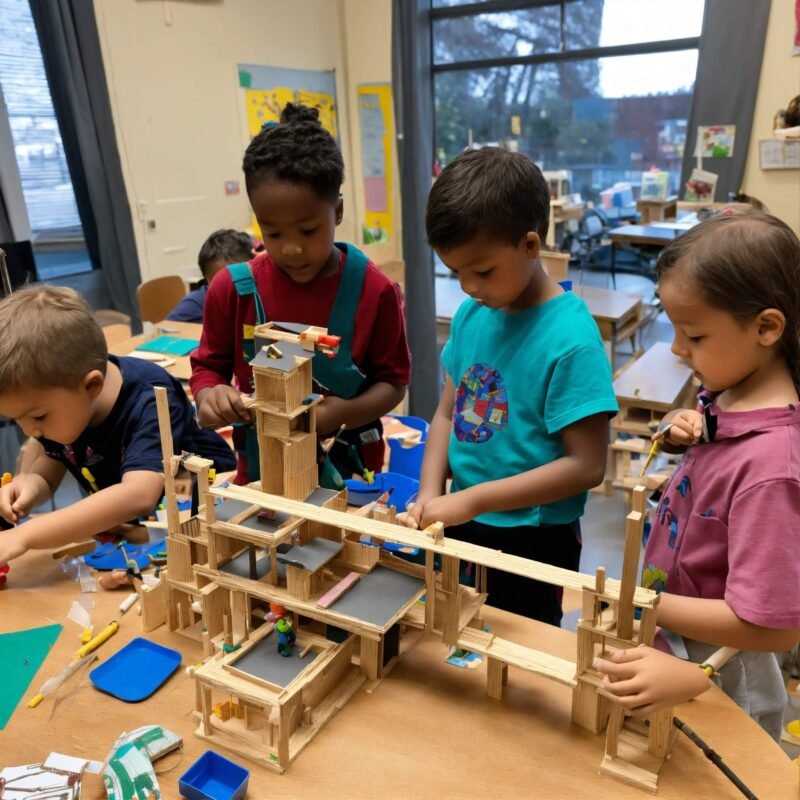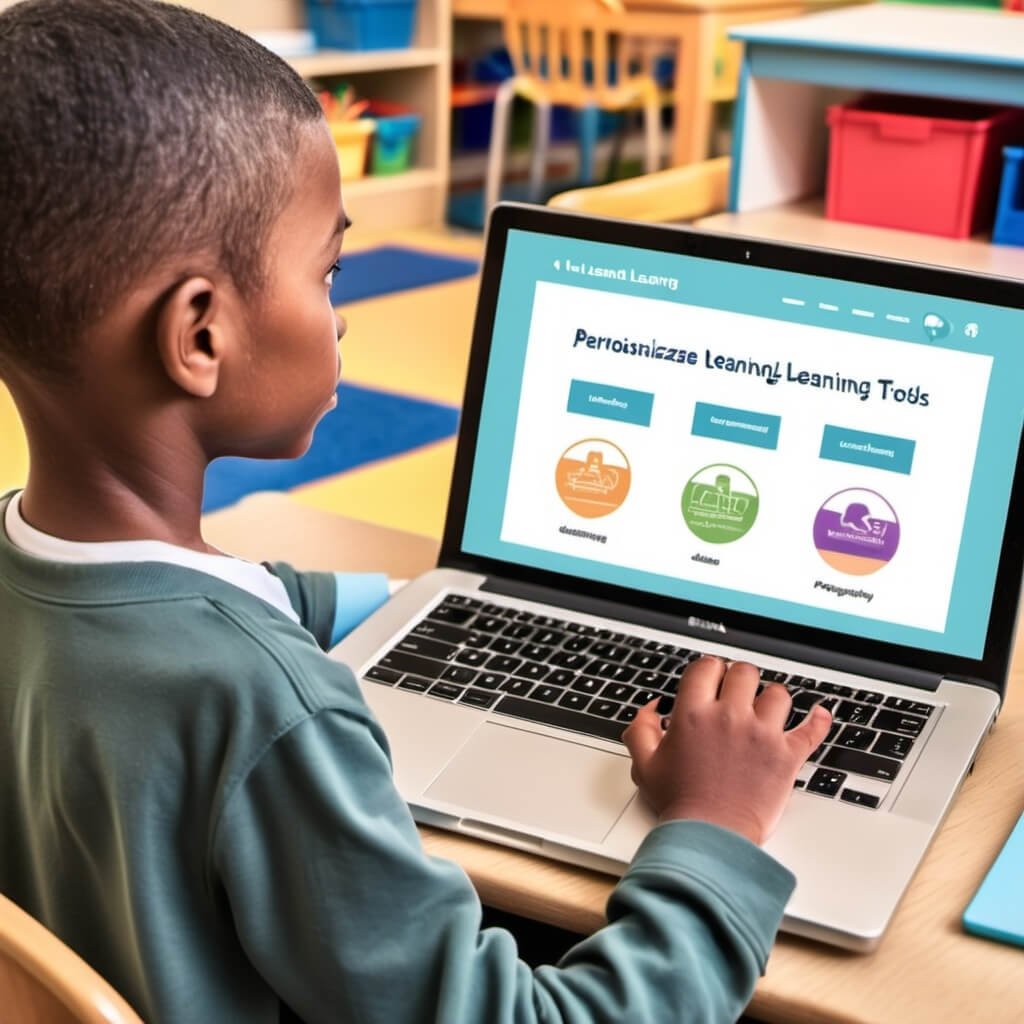Homeschooling has grown rapidly in recent years, and for good reason. As a parent who has explored this educational option for my children, I can tell you that homeschooling offers flexibility, personalized learning, and an environment that caters to each child’s unique pace and style. However, it can also be overwhelming at times, especially when it comes to finding the right homeschooling resources. In 2024, there are more tools, strategies, and platforms than ever before to help make homeschooling a success.
In this comprehensive guide, I’ll walk you through everything you need to know about homeschooling resources, including practical tips, the best tools to use, and strategies to keep your homeschooling journey fun and effective. Whether you’re just starting out or are a seasoned homeschooler, there’s something in here for everyone!
Why Homeschooling?
Before we dive into the resources, it’s important to understand why homeschooling is such a popular option today. As a parent, I’ve found that homeschooling offers several advantages that traditional schooling simply can’t match.
1. Personalized Learning
Homeschooling allows you to tailor the education to your child’s needs, strengths, and interests. In a traditional classroom, teachers must manage large groups of students, often leading to a one-size-fits-all approach. Homeschooling offers the flexibility to move at your child’s pace, whether they need more time on certain subjects or are ready to advance quickly in others.
2. Flexible Schedule
Homeschooling provides flexibility in terms of when and where learning takes place. You can take learning on the go, whether you’re traveling, spending the day in nature, or just adjusting to your child’s best learning times. I’ve personally enjoyed the ability to create a schedule that works for our family, rather than trying to fit everything into a rigid school calendar.
3. Stronger Parent-Child Bond
Homeschooling creates more opportunities for quality time with your child, and it allows you to be more involved in their education. For me, homeschooling has strengthened our relationship, as we work together on projects and lessons. It’s incredibly rewarding to see them grow and learn up close.
Essential Homeschooling Resources for 2024
In 2024, homeschooling is easier than ever thanks to the vast number of homeschooling resources available online and offline. Here are some of the best tools and resources you can use to make homeschooling both effective and fun.
1. Curriculum Guides and Online Platforms
A solid curriculum is the backbone of any homeschool program. Thankfully, there are many comprehensive homeschooling curriculums that you can use to guide your child’s education. These resources cover all subjects and grade levels, and many are adaptable to various learning styles.
Top Curriculum Options:
- K12: One of the most popular online homeschooling resources, K12 provides a complete, structured curriculum for students in kindergarten through high school. It offers engaging lessons in subjects like math, science, language arts, and history.
- Time4Learning: A flexible and affordable option for parents looking for an interactive, online curriculum. Time4Learning covers a wide range of subjects and provides a comprehensive plan that you can adapt to your child’s needs.
- ABCmouse: For younger learners, ABCmouse offers an interactive and fun way to start early education. It includes games and lessons in reading, math, and science for children ages 2-8.
2. Supplemental Learning Tools
While a curriculum provides structure, it’s often useful to have supplemental materials that can enrich learning. These resources can add variety to lessons and make subjects more engaging.
Best Supplemental Tools:
- Khan Academy: A free, online resource offering thousands of instructional videos on a wide range of subjects. Khan Academy is an excellent tool for reinforcing lessons or offering extra practice.
- Duolingo: This app is an amazing way for kids (and even adults) to learn new languages. Duolingo turns language learning into a game, which is perfect for younger learners.
- National Geographic Kids: For curious minds, National Geographic Kids provides exciting articles, videos, and games to help children learn about science, animals, and the world around them.
3. Printable Worksheets and Activities
Sometimes, nothing beats good old-fashioned paper and pencil. Printable worksheets and activities are great for reinforcing concepts in a hands-on way. As a parent, I’ve found that printable resources help my kids stay focused and engaged during lessons.
Where to Find Printable Resources:
- Teachers Pay Teachers: A marketplace where teachers and homeschooling parents can buy or sell educational resources. You’ll find worksheets, lesson plans, and even entire unit studies across a variety of subjects.
- Education.com: This site offers thousands of free printable worksheets, activities, and educational games for all grade levels.
- WorksheetsWorks.com: Another excellent resource for printable worksheets that cover everything from math and reading to science and social studies.
4. Interactive Apps and Games
Technology has made it possible for kids to learn through interactive apps and games that are both educational and fun. These tools are great for keeping your child motivated and engaged, especially if they tend to get distracted easily.
Top Educational Apps:
- Prodigy: An engaging math game where students solve math problems to advance through levels. It’s an excellent resource for making math practice feel like a game rather than a chore.
- Epic!: An online library that gives kids access to thousands of e-books, audiobooks, and educational videos. Epic! is an excellent resource for fostering a love of reading and learning.
- BrainPOP: This app provides animated videos and quizzes on various topics like science, history, and math, making it a fun and effective way to supplement lessons.
5. Homeschooling Communities and Support Groups
While homeschooling offers independence, it’s important to remember that you don’t have to do it alone. Joining a homeschooling community or support group can provide valuable connections, advice, and encouragement.
Where to Find Support:
- Facebook Groups: There are countless Facebook groups dedicated to homeschooling families. These groups can be a great place to ask questions, share resources, and find advice from other parents.
- Local Homeschooling Co-ops: Many areas have co-ops where homeschooling families can meet in person to share resources, teach classes, and support one another.
- Homeschool Forums: Websites like The Well-Trained Mind and Homeschool.com offer forums where homeschooling parents can connect, share tips, and find resources.
6. Field Trips and Learning Outside the Classroom
One of the best parts of homeschooling is that you can take learning beyond the walls of your home. Field trips offer opportunities for hands-on learning and can deepen your child’s understanding of the world around them.
Fun Field Trip Ideas:
- Museums: Many museums offer special programs and workshops for homeschoolers.
- Nature Walks: A trip to a local park or nature reserve can provide endless learning opportunities, from studying ecosystems to identifying local plants and animals.
- Historical Sites: Visiting historical landmarks or sites of interest can bring history lessons to life for kids of all ages.
Strategies for Successful Homeschooling
Having the right homeschooling resources is important, but how you use them is just as crucial. Based on my own homeschooling experience, I’ve learned several strategies to help make the process smoother and more effective.
1. Set Clear Learning Goals
Before you begin each homeschool year, take the time to set clear, achievable goals for your child. These goals should be specific to their needs and abilities. By having a roadmap, you can ensure that your homeschooling experience remains focused and purposeful.
2. Create a Structured Routine
One of the keys to successful homeschooling is creating a structured routine that includes time for lessons, breaks, meals, and activities. While homeschooling allows flexibility, having a routine helps keep both you and your child organized and focused.
3. Stay Flexible and Adjust as Needed
Homeschooling doesn’t have to be rigid. Be open to adjusting your approach if something isn’t working. If a particular method or resource isn’t resonating with your child, try something else. Flexibility is one of the greatest benefits of homeschooling, and embracing it will help you find what works best.
4. Incorporate Fun and Creativity
Learning should be fun, not just about textbooks and worksheets. Incorporate creative activities, games, and hands-on projects into your lessons to keep your child engaged and excited about learning. I’ve found that when we add an element of fun, my kids are more motivated to participate.
Conclusion: Making the Most of Homeschooling Resources in 2024
In conclusion, homeschooling resources in 2024 offer an abundance of tools and strategies to help families succeed. Whether you’re using an online curriculum, interactive apps, printable worksheets, or field trips, the possibilities are endless. I’ve found that with the right resources and a clear plan, homeschooling can be an enriching and rewarding experience for both children and parents.
As a parent, you have the power to create a personalized learning environment that fits your child’s unique needs and interests. The key is to use a combination of resources that works for your family while remaining flexible and open to adjustments. With the right mindset and support, homeschooling can provide your child with a well-rounded, fulfilling education that prepares them for the future. Happy homeschooling!
FAQs
1. What are the best free homeschooling resources for 2024?
There are several excellent free resources, including Khan Academy, Easy Peasy All-in-One Homeschool, and PBS LearningMedia.
2. How do I create a homeschool schedule?
Use tools like Google Calendar, Homeschool Tracker, or printable planner templates to set a routine that works for your family’s needs.
3. What are some resources for homeschooling children with ADHD?
Brain Balance, GoNoodle, and Mindful Schools provide great resources for homeschooling kids with ADHD.
4. How can I make homeschooling fun for my child?
Incorporate educational games, field trips, and hands-on STEM kits like KiwiCo to keep learning interactive and exciting.
5. Can homeschooling be done on a budget?
Yes! Many quality resources are free or low-cost, including Khan Academy, Duolingo, and Open Culture.





